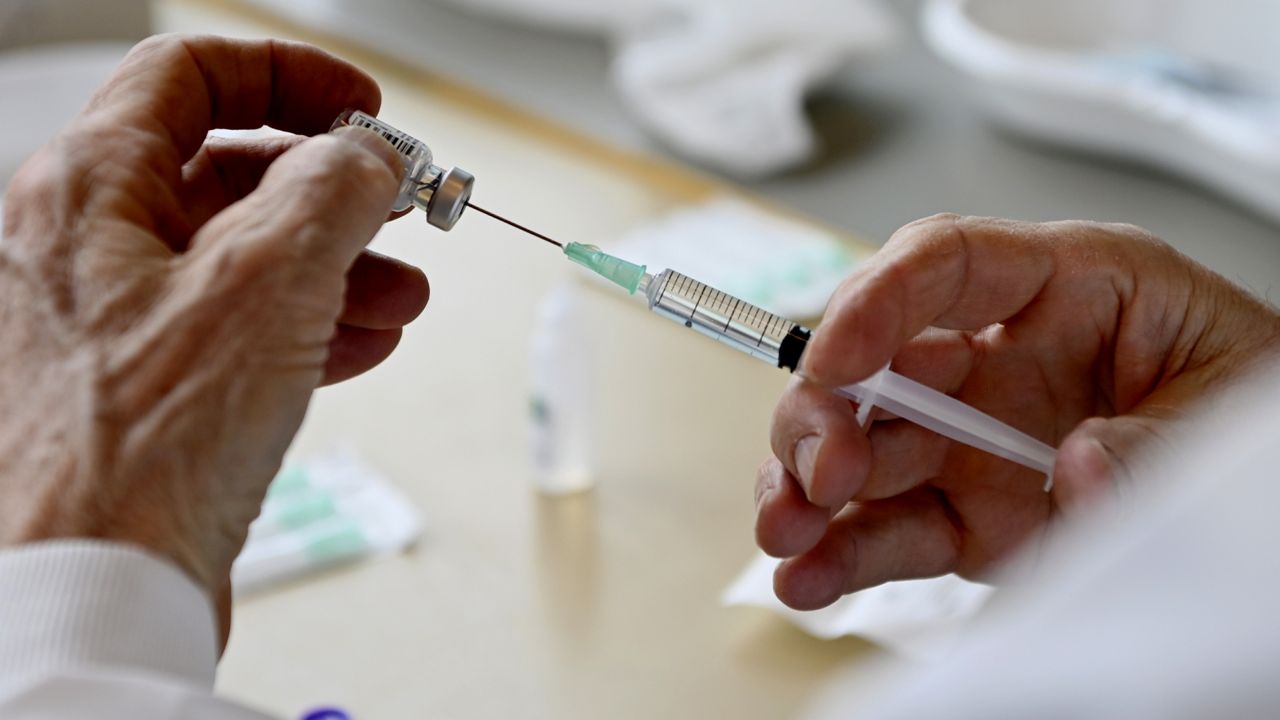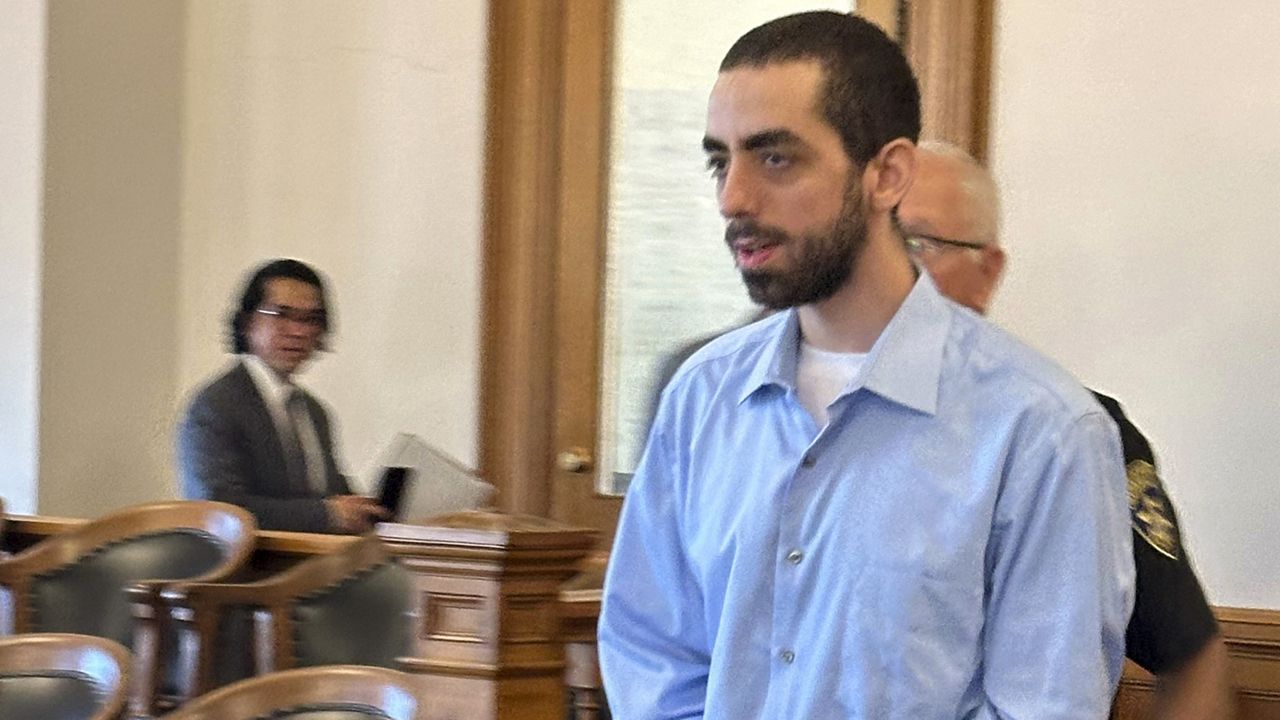Pfizer-BioNTech announced on Thursday that it is set to begin a global study testing the efficacy of its coronavirus vaccine in pregnant women over the age of 18.
The first study participants will be dosed in the United States, with more to follow across Canada, Argentina, Brazil, Chile, Mozambique, South Africa, U.K., and Spain, according to BioNTech.
The Phase 2/3 observer-blind trial will “evaluate the safety, tolerability, and immunogenicity” of the two-dose vaccination in a group of nearly 4,000 healthy pregnant women, the company said in a release. The women will receive their first shot between 24 and 34 weeks of gestation, with the total length of the study lasting approximately seven to ten months.
That’s because doctors also plan to study the participants’ children for up to six months after they give birth, hoping to assess whether the vaccinated mothers passed on potentially protective antibodies to their infants.
Any participant who received a placebo vaccine during the course of their pregnancy will be offered the actual vaccine once their child is born, the company added.
“We are proud to start this study in pregnant women and continue to gather the evidence on safety and efficacy to potentially support the use of the vaccine by important subpopulations,” wrote William Gruber, SVP of Vaccine Clinical Research And Development at Pfizer. “We are deeply thankful to the volunteers who are enrolling in the trial, and site investigators who are leading this work.”
According to the CDC, pregnant women are at “increased risk of severe illness from COVID-19,” but the agency offers little guidance on whether pregnant women should receive the vaccine. While it’s up to the state to recommend which of its population should be vaccinated and when, the CDC writes only that pregnant women who are also part of a group recommended to get the vaccine — namely frontline workers and long term care residents — “may choose to be vaccinated.”
Dr. Anthony Fauci, the nation’s leading infectious disease expert, attempted to clear up the confusion in a press briefing last week, telling reporters: "Approximately 20,000 pregnant women have been vaccinated with no red flags.”
The CDC and FDA are monitoring these women for any adverse effects from the vaccinations, Fauci added.
The original tests that led to Pfizer getting emergency use authorization for its COVID vaccine did not intentionally study pregnant women, but some women became pregnant during the trial. So far, none of the women who got pregnant during the original trial have experienced any adverse symptoms.
Pfizer-BioNTech’s latest study will be conducted across 21 locations across the country, including sites in California, Idaho, Montana, Louisiana, Mississippi, and Texas.
The company also expects to begin studying the vaccine in children ages 5-11 in the next several months, with studies on children younger than 5 years old anticipated by the end of 2021. Pfizer announced that its clinical study of vaccine recipients ages 12-15 was fully enrolled last month; relevant data will likely be submitted to federal regulators in the second quarter of 2021.









